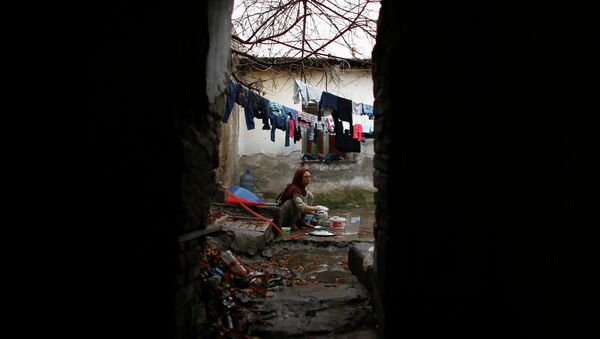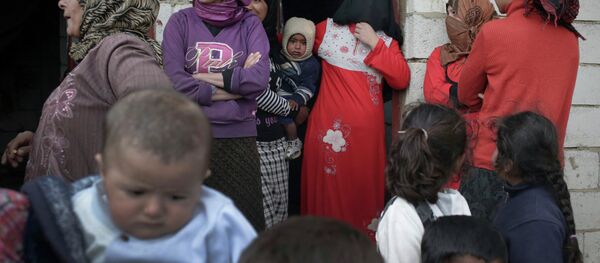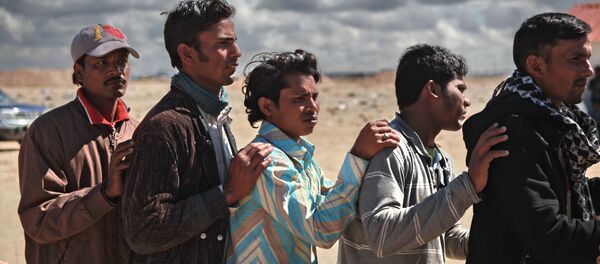"We're hoping that new donors will come forward and traditional donors will dig deeper into their pockets. We need $64mn in December to meet these needs. We're also appealing to the public, a fundraising campaign, to help cover these immediate needs," Etefa said.
On Monday, the WFP was forced to stop charging the debit-card like vouchers for Syrian families who had fled their war-torn homeland to live in Egypt, Jordan, Lebanon and Turkey because their funding had dried up. Refugees use electronic vouchers to buy food in local shops.
"This is the first time we've ever stopped or reduced our lifeline assistance to Syrian refugees since the beginning of the emergency on 2011. We've never reached this pint of suspending the assistance, because we have no cash, no money," the WFP spokeswoman confessed.
Peaceful protests that began in Syria in March 2011 quickly descended into all-out fighting between government forces, rebels and jihadists, some of them linked to al-Qaeda. Fighting has claimed some 200,000 lives and forced millions of people to flee their homes.
So far, the WFP has been able to feed both refugees and millions of displaced Syrians inside the country thanks to its long-term donor funding, and cooperation with partner organizations and host governments in the region.




